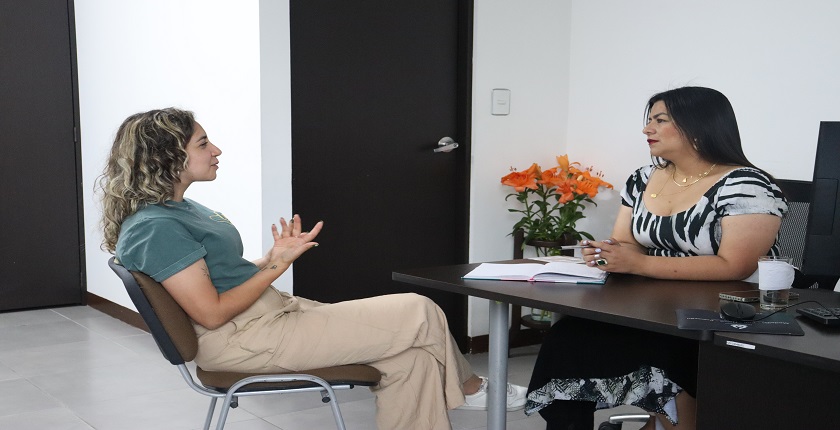In a joint effort to improve the quality of life for children in the department of Cauca, the Popayán campus of a renowned university is advancing the strengthening of inter-institutional alliances, reaffirming its commitment to the health, nutrition, and overall development of vulnerable children.
As part of this strategy, a key meeting was held between representatives of the university’s Nutrition and Dietetics program and the coordinator of the international NGO Convoy of Hope, Sara Montenegro, a registered dietitian-nutritionist. This organization, with a presence in several regions around the world, leads programs such as Child Nutrition and Empowerment of Women, Girls, and Boys, aiming to generate sustainable impacts in at-risk communities.
The meeting facilitated the coordination of joint actions that go beyond food assistance, embracing a comprehensive approach that promotes physical, emotional, and social development in childhood. As Montenegro stated, “It’s not just about feeding — it’s about nourishing with purpose, about building environments where children can grow with dignity, health, and opportunity.”
One of the next steps in this alliance will be joint participation in the commemoration of World Nutrition Day, a date that serves as a platform to highlight the nutritional challenges faced in Cauca, as well as to promote research, university outreach, and community engagement from an academic and socially committed perspective.
These kinds of inter-institutional synergies demonstrate the transformative role of academia when working hand in hand with international organizations, aligning their efforts with the Sustainable Development Goals (SDGs), particularly those related to ending hunger, ensuring health and well-being, and achieving gender equality.
In a context where child malnutrition rates remain a challenge for the region, coordination between local and global actors emerges as an effective path to address the issue in a structural manner. University spokespersons emphasized that “this is just the beginning of a joint effort that we hope to scale up, consolidating intervention models that can be replicated in other parts of the country.”
Through these alliances, Popayán is positioning itself as a hub of social innovation and ethical commitment, where child nutrition is no longer seen merely as a matter of assistance, but as a shared cause championed by academia, international organizations, and the community.

